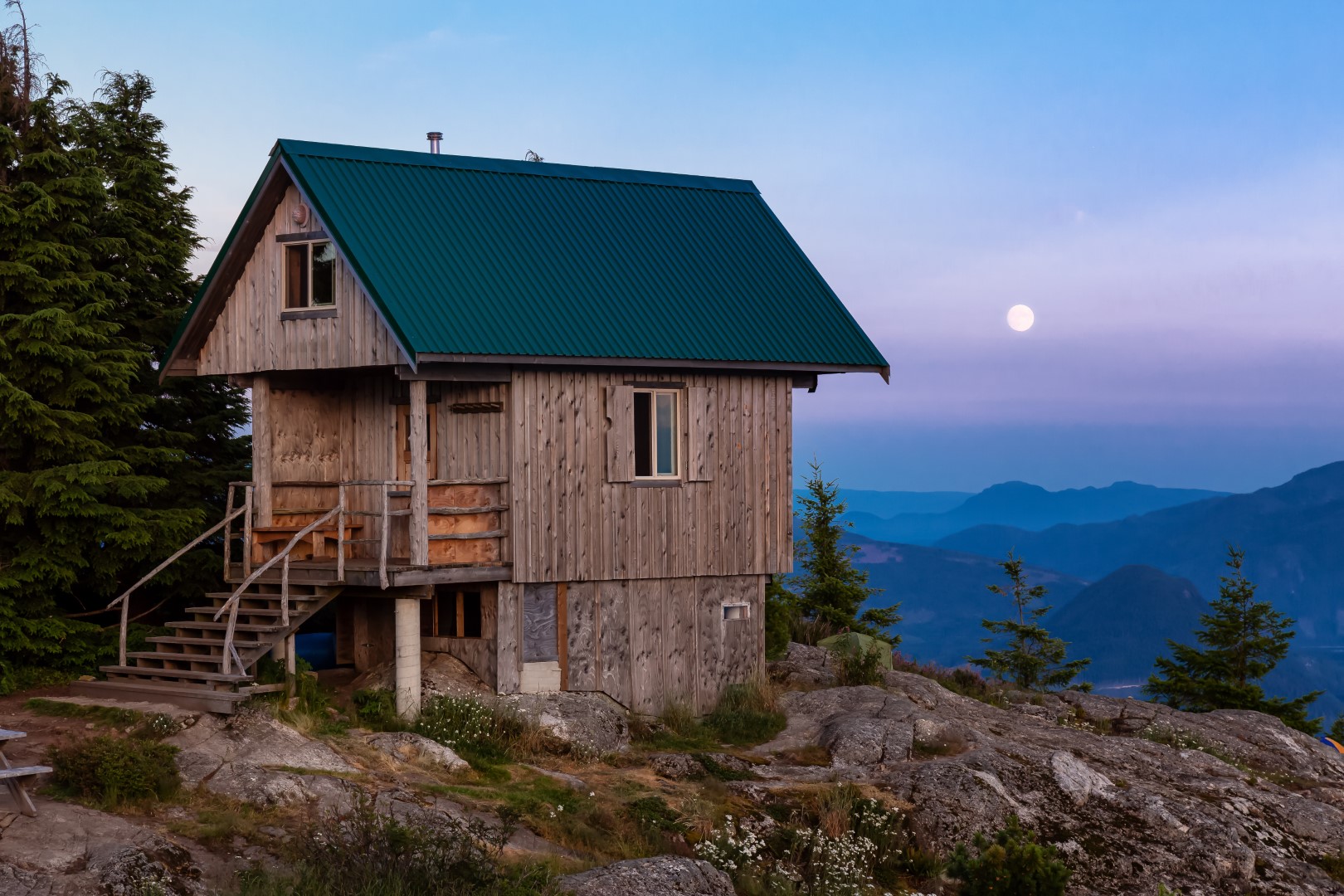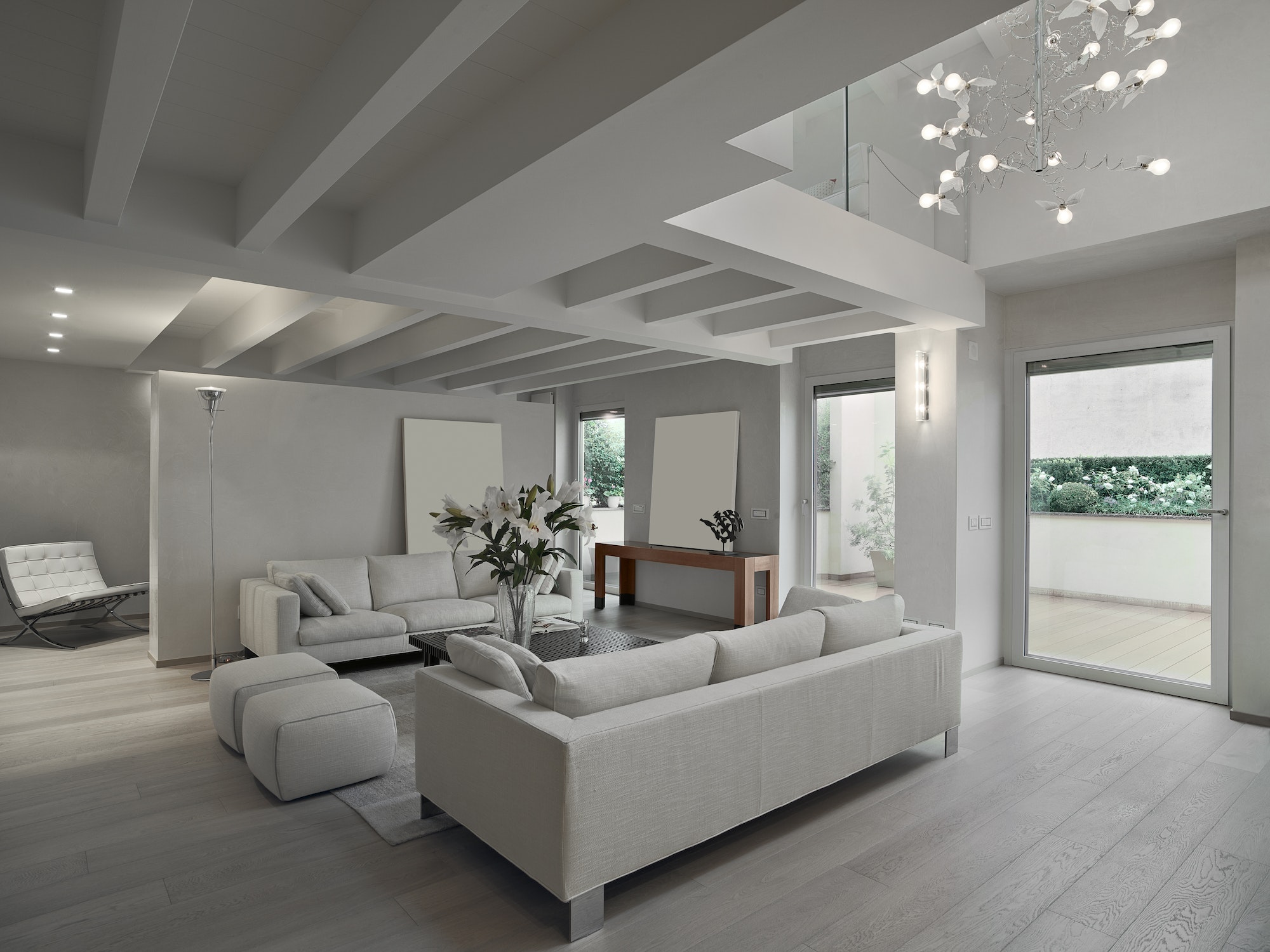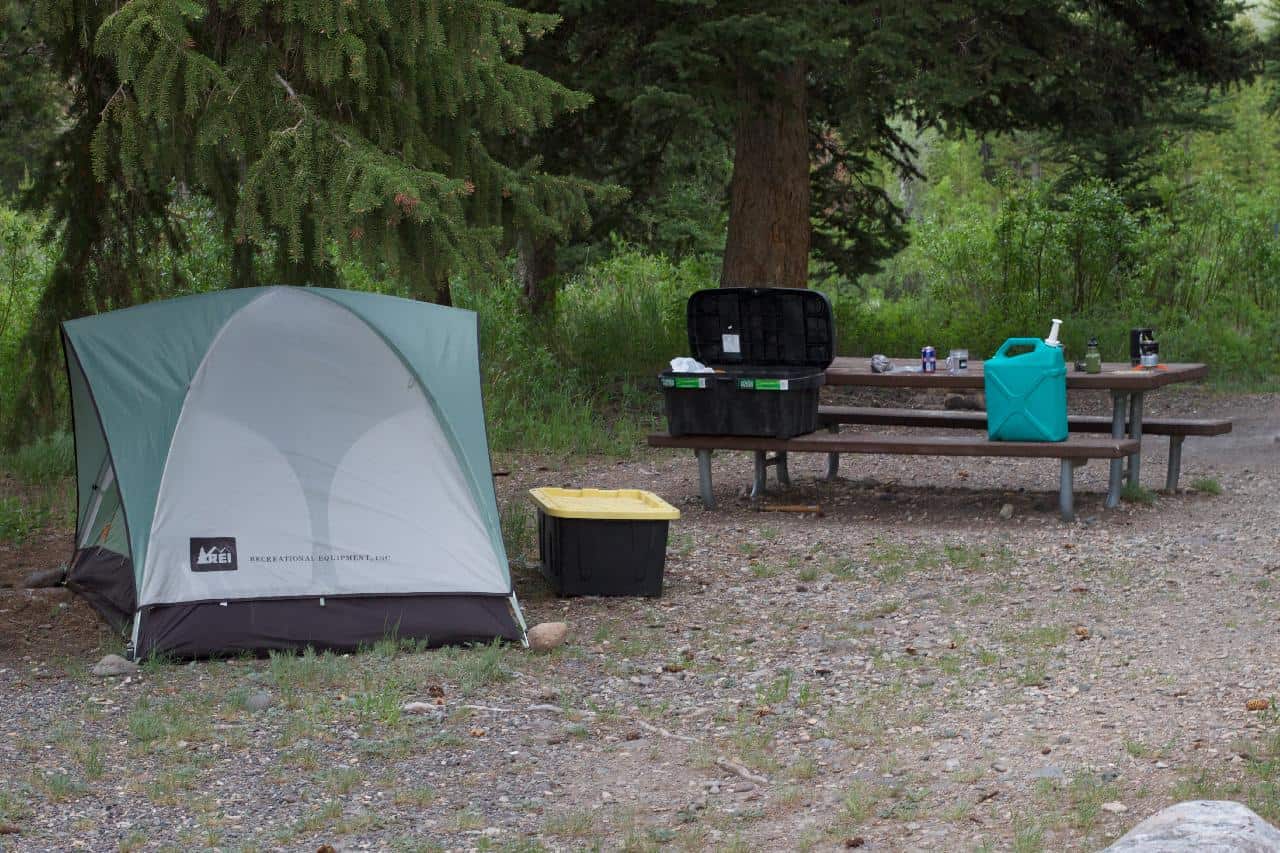The allure of owning a cabin in the Smoky Mountains lies not just in the breathtaking views and access to nature but also in the potential for a wise investment. The region attracts millions of visitors each year, drawn by its natural beauty, outdoor activities, and the quaint charm of its communities. However, the decision to purchase a cabin here requires careful consideration and planning. With a vast array of options available, it’s essential to navigate the process with a clear strategy to find a cabin that aligns with both personal enjoyment and investment goals.
1. Define Your Objectives
The first step in your cabin purchasing journey is to clarify your intentions. Are you looking for a serene escape for family vacations, a rental property to generate income, or perhaps a combination of both? Your objectives will significantly influence your choice of location, cabin size, and the amenities you consider essential. For instance, a cabin used primarily for personal getaways may prioritize privacy and scenic views, while a rental property might focus on proximity to popular tourist attractions and robust amenities to attract guests. Understanding your goals from the outset will streamline your search and help identify properties that truly meet your needs.
2. Partner with a Reliable Smoky Mountains Realtor
Navigating the real estate market in the Smokies can be complex, making the expertise of a reliable realtor invaluable. A knowledgeable local realtor can provide insights into the nuances of the market, from identifying cabins within your budget, including those rare cabins for sale in Pigeon Forge under $100,000, to understanding the potential of more luxurious options. They can offer a curated selection of properties that match your criteria, provide valuable advice on the buying process, and negotiate on your behalf. The right realtor becomes your ally, ensuring you find a cabin that not only suits your desires but also holds the potential for appreciation or rental income.
3. Research the Market
A thorough understanding of the Smoky Mountains real estate market is crucial for making an informed decision. Market trends, including pricing fluctuations and inventory levels, can significantly affect your purchase. By keeping abreast of current market conditions, you can identify the best time to buy and recognize a good deal when you see it. This research can also help you set realistic expectations regarding the type of cabin you can afford and its potential as an investment. Websites, real estate listings, and insights from your realtor can all be valuable resources in your market research.
4. Consider the Location Carefully
The Smoky Mountains offer a variety of locales, each with its unique characteristics and appeal. The location of your cabin can dramatically impact your experience and its rental potential. Factors to consider include the cabin’s accessibility, its proximity to attractions, and the nature of the surrounding community. A cabin close to popular hiking trails or with a stunning mountain view may attract more renters if you’re looking to generate income. Similarly, a location that balances seclusion with convenient access to local amenities might be more desirable for personal use.
5. Evaluate the Rental Potential
If generating rental income is part of your objective, assessing the rental potential of your cabin is essential. Consider characteristics that enhance a property’s appeal to renters, such as modern amenities, privacy, scenic views, and size. Look at comparable rental properties in the area to gauge average rental rates, occupancy levels, and guest reviews. This evaluation will help you estimate potential income, understand competitive pricing, and identify features that could increase your property’s attractiveness to renters.
6. Inspect the Property Thoroughly
A critical step in the cabin purchasing process is the thorough inspection of the property. This stage cannot be overlooked, as it unveils the cabin’s true condition, revealing any potential issues that could affect your enjoyment or financial returns. Look for signs of structural damage, water leakage, pest infestations, and wear and tear that might require immediate attention. It’s advisable to hire a professional inspector with experience in evaluating mountain properties, as they can identify problems that might not be obvious to the untrained eye. An inspection can also provide bargaining leverage in negotiations, potentially saving you significant amounts in future repair costs.
7. Understand the Costs
Owning a cabin in the Smokies involves more than just the purchase price. You should factor in ongoing expenses such as property taxes, insurance, maintenance, and possibly management fees if you intend to rent out the property. It’s crucial to budget for these additional costs upfront to avoid surprises later on. For rental properties, consider the costs of marketing, cleaning, and repairs between guests. A realistic understanding of these expenses will help you evaluate the investment’s viability and ensure it aligns with your financial goals.
8. Financing Your Cabin
Securing financing is a pivotal aspect of the cabin buying process. Mortgage requirements for vacation homes or investment properties can differ significantly from those for a primary residence. Lenders might require a larger down payment or charge higher interest rates. It’s beneficial to explore your financing options early, including speaking with banks, credit unions, and mortgage brokers who have experience with properties in vacation destinations. Understanding these requirements and your financing capacity will streamline the purchasing process, ensuring you’re ready to act swiftly when you find the right cabin.
9. Legal Considerations
The legal landscape of purchasing a cabin in the Smokies can be complex, involving zoning laws, rental regulations, and homeowner association (HOA) rules. Zoning laws can impact your ability to rent out the cabin, dictate modifications you may wish to make, and affect future development in the area. If your cabin is in a community with an HOA, familiarize yourself with their regulations, as these can influence everything from exterior paint colors to rental policies. Compliance with local laws and HOA rules is essential to avoid fines, disputes, and restrictions on your property use.
Conclusion
Purchasing a cabin in the Smoky Mountains is a significant decision that can offer both personal joy and financial rewards. By following these tips, you can approach this investment with confidence. The beauty and allure of the Smokies provide a unique backdrop for this venture, offering an escape to nature that can also serve as a wise financial decision. With careful planning and attention to detail, you can find a cabin that becomes a cherished retreat and a valuable asset in your investment portfolio.
Discover more from Futurist Architecture
Subscribe to get the latest posts sent to your email.



